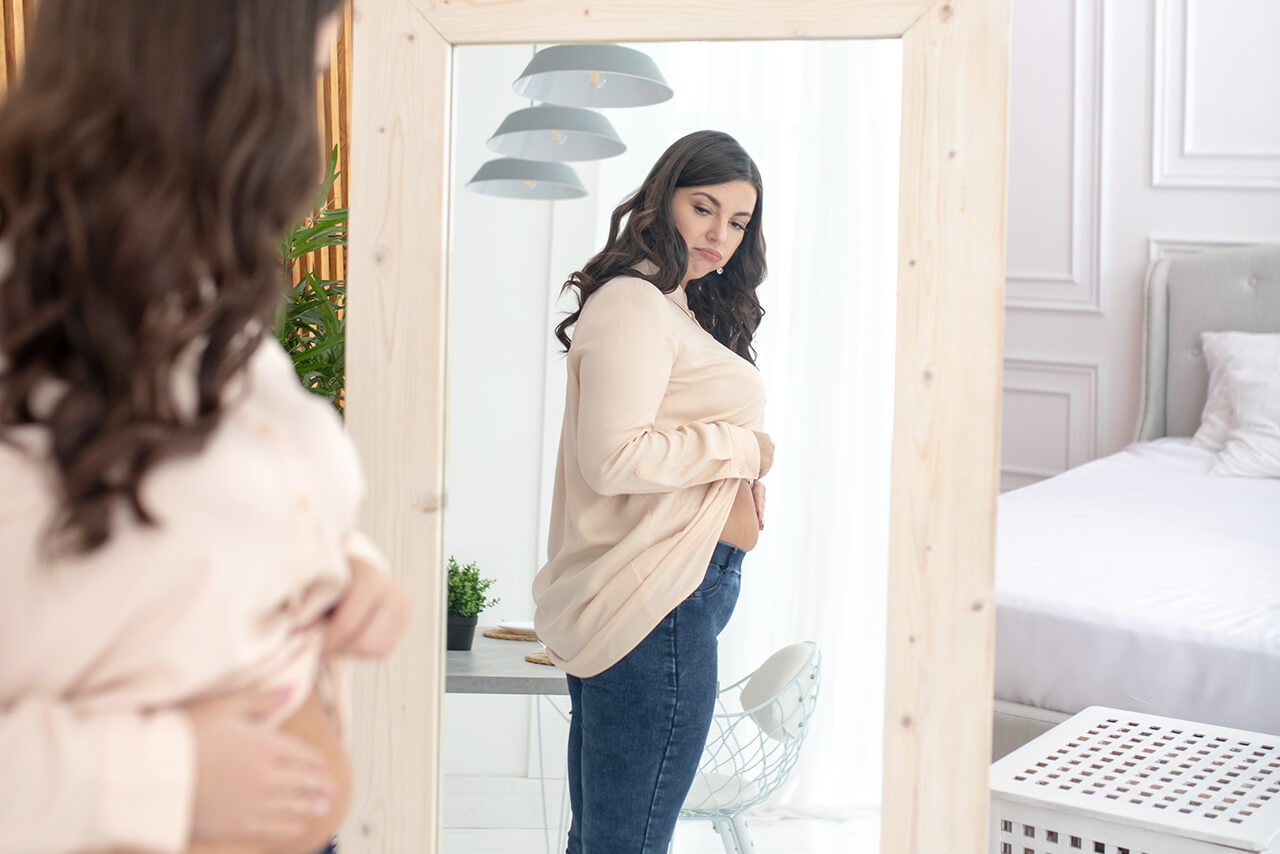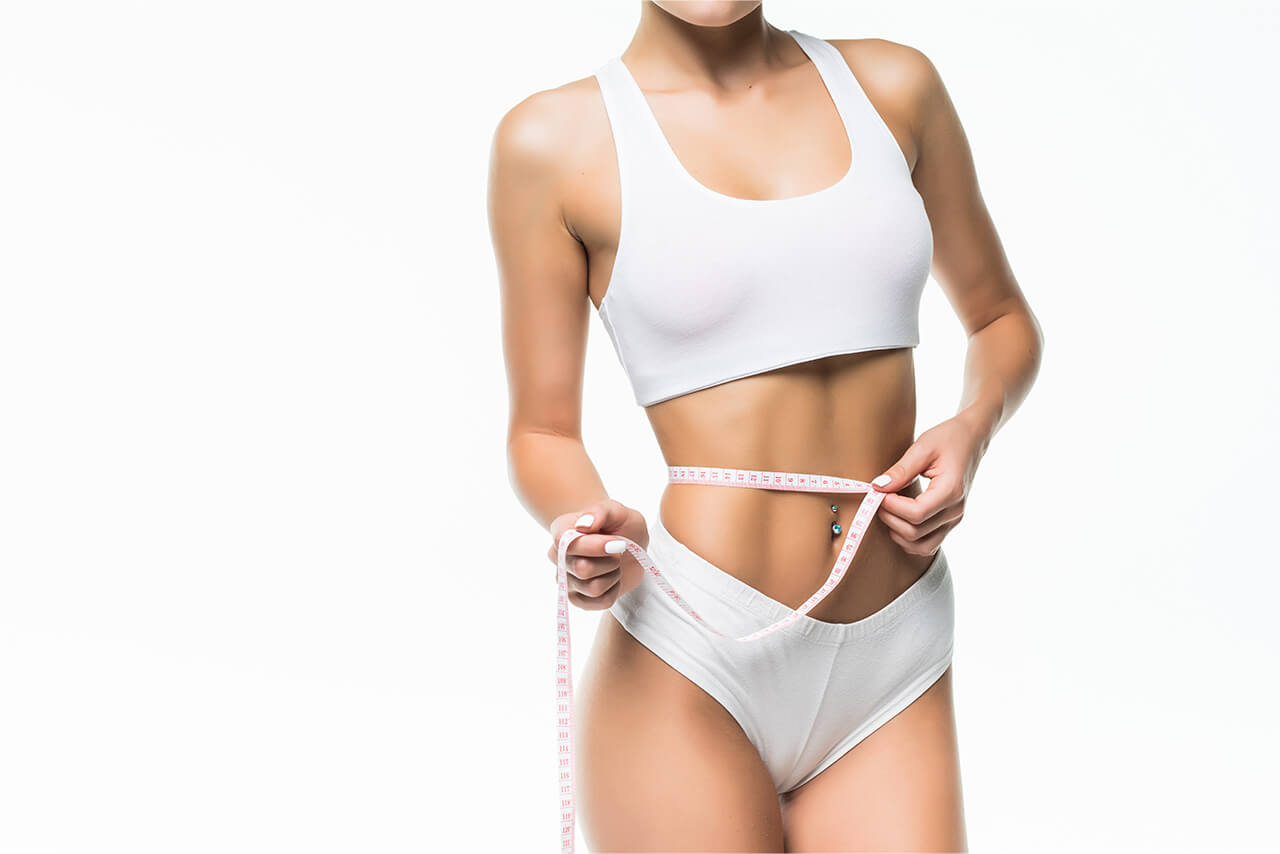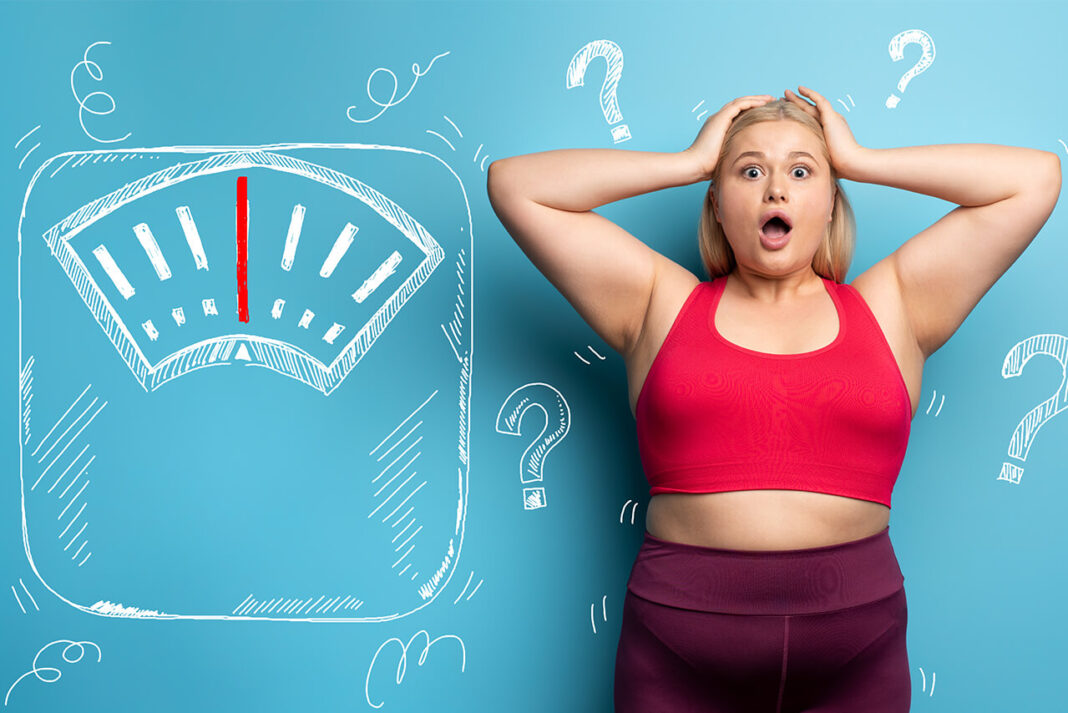In today’s society, women face immense pressure regarding their physical appearance. The portrayal of beauty standards in media, social expectations, and cultural norms significantly impact women’s body image and self-esteem. Many women struggle with dissatisfaction concerning their bodies, which can lead to psychological distress, anxiety, depression, and even eating disorders. This article explores the relationship between body image and self-esteem, the impact of media and societal expectations, and ways to cultivate a positive self-image.We have prepared this article for you, our readers, on the topic of Women’s Body Image and Self-Esteem.
Click for more mental health articles.
Understanding Body Image and Self-Esteem
Body image refers to how individuals perceive, think, and feel about their physical appearance. It can be influenced by personal experiences, cultural norms, and societal beauty standards. A positive body image means accepting and appreciating one’s body, whereas a negative body image often involves dissatisfaction and self-criticism.
Self-esteem, on the other hand, is the overall sense of self-worth and confidence. A woman’s self-esteem can be deeply intertwined with her body image. Women who have a negative body image often struggle with low self-esteem, leading to psychological distress and mental health challenges. Conversely, women who feel comfortable and confident in their bodies tend to exhibit higher self-esteem and overall well-being.
The Role of Media in Shaping Body Image
The media plays a crucial role in shaping societal perceptions of beauty. Magazines, advertisements, movies, and social media platforms often present unrealistic and unattainable beauty standards. Photoshopped images and filtered content create an illusion of perfection, making many women feel inadequate in comparison.
Social media platforms, in particular, have intensified the issue of body dissatisfaction. Women are constantly exposed to idealized images, influencer culture, and beauty trends that often prioritize a specific body type. Studies indicate that excessive social media use correlates with increased body dissatisfaction, as women compare themselves to unrealistic portrayals.

Cultural and Societal Expectations
Cultural norms and societal expectations further contribute to body image issues. Different cultures have varied beauty standards, and women are often pressured to conform to these ideals. For instance, Western beauty standardsfrequently emphasize thinness, while other cultures may value curvier body types. Regardless of the specific ideal, the pressure to conform can lead to negative self-perception and body dissatisfaction.
Additionally, family, peers, and romantic relationships influence a woman’s perception of her body. Comments about weight, body shape, and attractiveness can significantly affect self-esteem, especially during adolescence, a critical period for self-identity formation.
Psychological Impact of Negative Body Image
A negative body image can have severe psychological consequences. Women who struggle with body dissatisfactionare at higher risk for mental health issues, including:
Depression and Anxiety
Constant self-criticism and feelings of inadequacy contribute to depressive and anxious thoughts.
Eating Disorders
Conditions such as anorexia nervosa, bulimia, and binge eating disorder often stem from distorted body image perceptions.
Low Self-Worth
Women who believe their worth is tied to their appearance may struggle with confidence in other aspects of life, including careers and relationships.
Ways to Cultivate a Positive Body Image and Improve Self-Esteem
While societal pressures and media influences are challenging to escape, there are several ways women can foster a healthier body image and boost their self-esteem.
Practicing Self-Compassion
Self-compassion involves treating oneself with kindness and understanding rather than self-criticism. Women should challenge negative self-talk and replace it with affirmations that emphasize self-worth beyond appearance. Instead of focusing on perceived flaws, recognizing strengths and appreciating one’s body for its functions rather than its looks can promote self-acceptance.
Reducing Social Media Exposure
Limiting time spent on social media and curating a feed that promotes body positivity can significantly improve body image. Following accounts that celebrate diverse body types and unfollowing sources that promote unrealistic beauty standards can help reduce comparison and self-doubt.
Engaging in Healthy Lifestyle Practices
A healthy lifestyle should be about well-being rather than achieving a specific body shape. Regular physical activity, balanced nutrition, and adequate rest contribute to overall health and body confidence. Exercise, in particular, should be seen as a way to feel strong and energized rather than a means to attain a certain physique.

Seeking Support and Professional Help
For those struggling with severe body image issues, professional help from therapists, counselors, or support groups can be beneficial. Cognitive-behavioral therapy (CBT) has been shown to be effective in challenging distorted body image beliefs and developing healthier self-perceptions.
Promoting Body Positivity and Diversity
Advocating for body positivity and embracing diverse representations of beauty can help shift societal norms. Encouraging conversations about self-acceptance and supporting brands and media that promote body diversitycan create a more inclusive environment for women of all body types.
Conclusion
Women’s body image and self-esteem are deeply interconnected and influenced by various factors, including media, cultural expectations, and social pressures. The unrealistic beauty standards promoted in society can lead to negative self-perceptions and mental health issues. However, by fostering self-compassion, reducing social media exposure, adopting a healthy lifestyle, seeking support, and promoting body diversity, women can cultivate a more positive body image and enhance their self-esteem. Ultimately, true beauty lies in confidence, self-acceptance, and embracing individuality rather than conforming to external standards.
By addressing these factors, women can create an empowered narrative around their bodies and foster long-term mental health and well-being.


